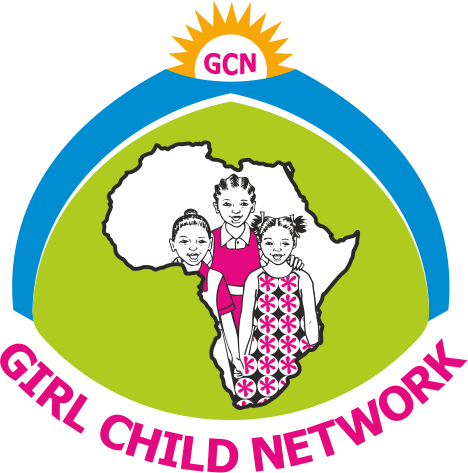
Article by: Purity Koome-Project Officer
Promoting Mental Health Solutions for Adolescents and Youth with Disabilities
The World Health Organization defines mental health as “a state of mental well-being that enables people to cope with the stresses of life, realize their abilities, learn and work well, and contribute to their community.”
Mental health disorders are considered some of the leading causes of illness among adolescents and young people, which are attributed to be caused by depression, anxiety, and behavioral disorders. According to the National Adolescent Mental Health Survey (K-NAMHS), 2022, 44.3% of adolescents had an experience of a mental health problem in a year. Youth and adolescents with disabilities face an even higher risk of violence, abuse, and discrimination due to negative attitudes associated with disability.

 An individual with a mental health condition may be affected by physical, emotional, and social changes, causing withdrawal from the community. Stigma associated with mental health conditions, inadequate disability-friendly and accessible mental health services in society, influences low health-seeking behavior among adolescents and young people. These conditions largely remain unrecognized and untreated, making them vulnerable to social exclusion, discrimination, educational difficulties, risk-taking behaviors, and human rights violations.
An individual with a mental health condition may be affected by physical, emotional, and social changes, causing withdrawal from the community. Stigma associated with mental health conditions, inadequate disability-friendly and accessible mental health services in society, influences low health-seeking behavior among adolescents and young people. These conditions largely remain unrecognized and untreated, making them vulnerable to social exclusion, discrimination, educational difficulties, risk-taking behaviors, and human rights violations.
In line with the May 2025 World Mental Health Month theme, “Turn Awareness into Action,” Girl Child Network recognizes the importance of strong connections and the need to address the psychological and emotional well-being of individuals through the provision of inclusion support sessions; which are supportive environments to overcome the isolation, stigma, and barriers to care for adolescents and youths with disabilities. Through one-on-one sessions and group discussions, more than 160 adolescents and youths have been provided with a safe, supportive environment, a sense of belonging, and have been empowered to cope with life’s challenges, with 15 of these referred to different institutions for counseling and psycho-social support. Peer-to-peer support is also encouraged to amplify the voices their voices as advocates of change.
Girl Child Network looks forward to stakeholders’ collective action to increase funding for inclusive programs, personalized teaching methods, adaptive technology, and the establishment of mentorship and peer support networks. It is anticipated that this will promote the normalization of mental health discussions, reduce dropout rates, and ensure that no adolescent or youth with disabilities is left behind.




